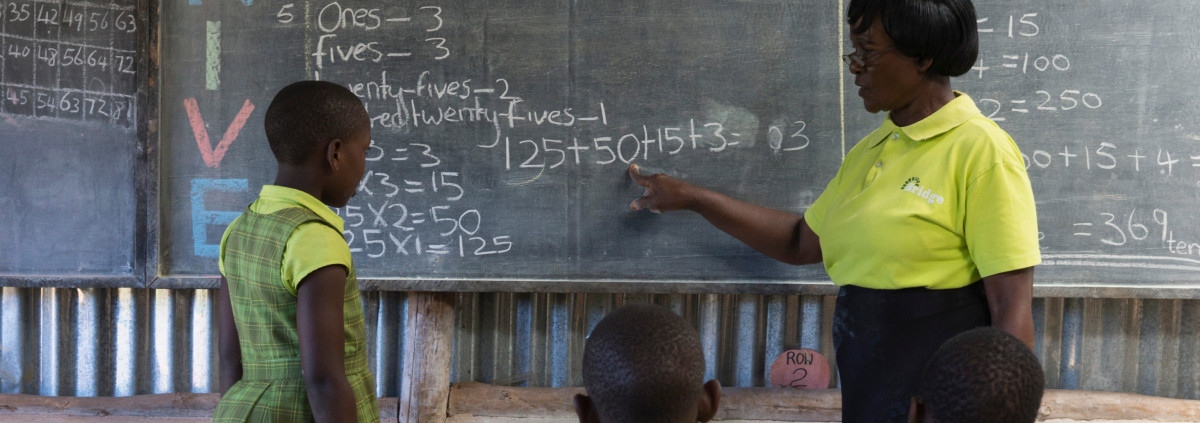Mathematics learning outcomes in Ugandan primary schools, and particularly in refugees settlements are a major challenge. To respond to this, a holistic approach that involved: systemic needs assessment, training of teachers on professional development, training of teachers onSingapore Maths approach, and follow-up system for teachers, was implemented in one school in Palabek refugee settlement, Northern Uganda. Therefore, the objective of this study is to evaluate the effectiveness of the proposed approach in improving early grade Mathematics skills. The study adopted a quasi-experimental design that involved 2 primary schools (1treatment and 1 control). The findings showed that, Mathematics skills of learners in the treatment school significantly improved in the areas of: number discrimination, missing numbers, addition, subtraction and word problems, and slightly improved in the area of number identification. This study has therefore demonstrated the effectiveness of the proposed holistic model and presented a need to verify it in different contexts.
